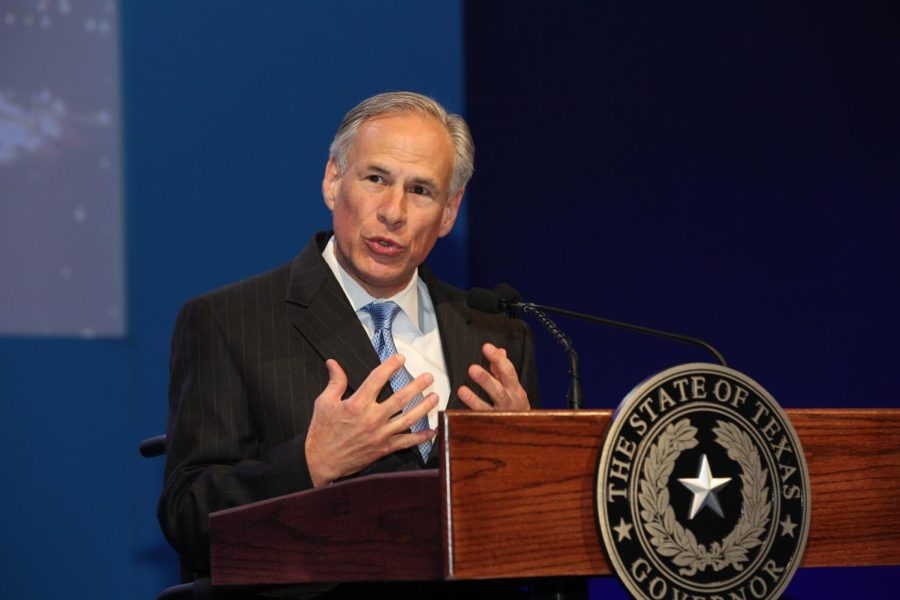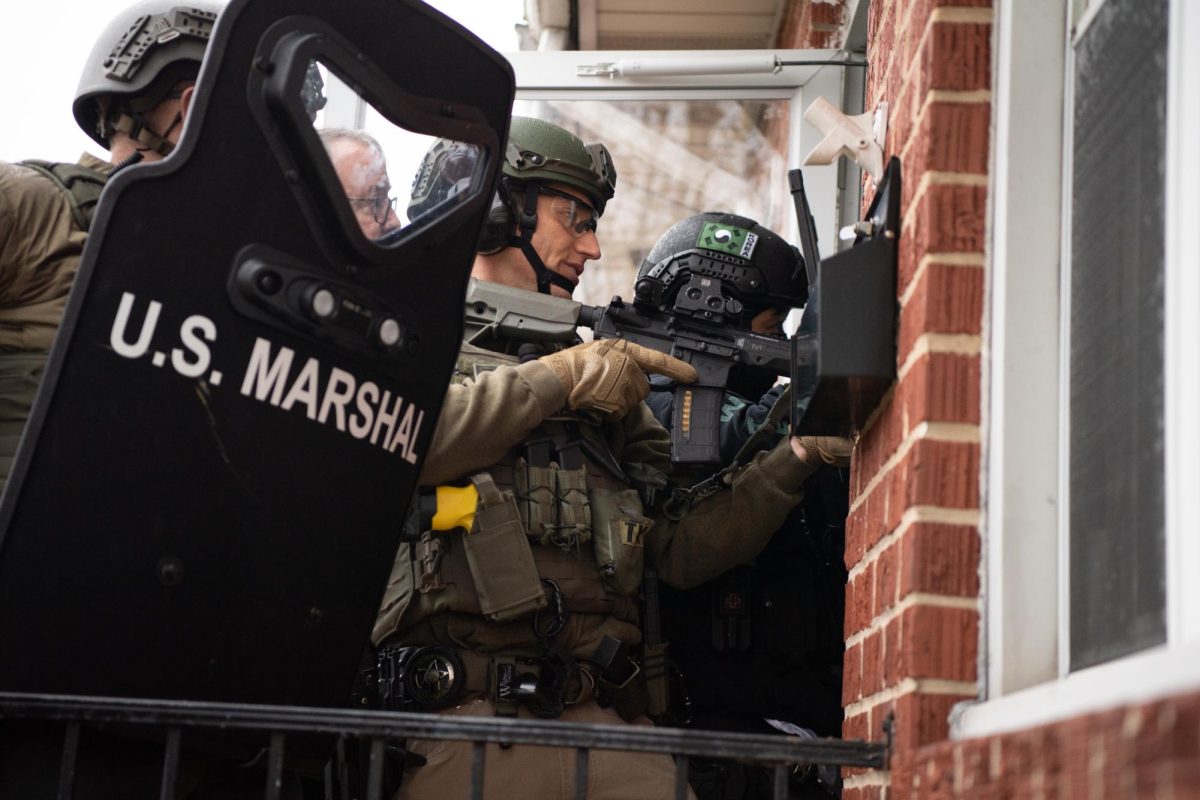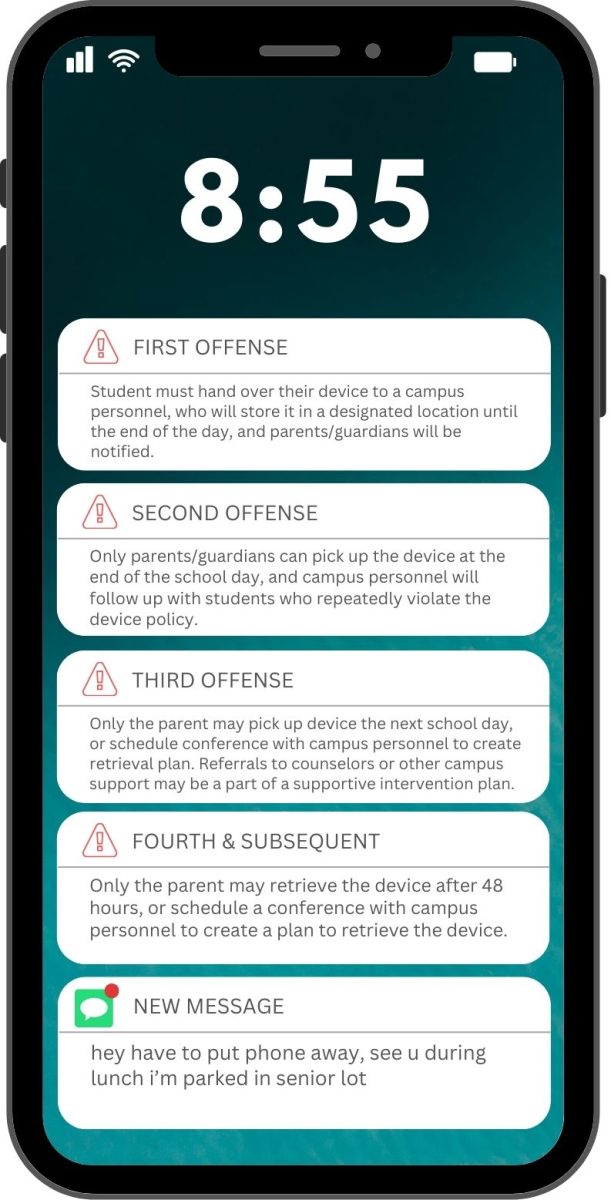As the period for early voting comes to a close, March 1 marks the official date of the Texas primary election.
This election does not elect the state governor or any other positions. It only determines the party representatives on the ballot for the general election in November. Registered Texas voters have the option to vote in either the Republican or Democrat primaries.
The last day to register to vote in the primary was Jan. 31, but voters can still check their registration online.
Polls will be open on March 1, from 7 a.m. to 7 p.m. The MAC will be a polling location. To find more places to vote, visit votetexas.gov.
Gov. Greg Abbott is once again on the ballot, seeking re-election for his third term, and is expected to win the Republican primary. Democrat candidate Beto O’Rourke is also predicted to win his primary, setting the stage for a gubernatorial election between two fierce opponents.
O’Rourke announced his bid for governor in November. Despite being a well-known candidate and high numbers of Democrats supporting him, Abbott maintains a steady lead in general election projections. According to a recent Texas Politics poll, Abbott is projected to win the governor seat with 47% of the vote, compared to O’Rourke’s projected 37%.
Based on this same poll, Abbott’s approval rating has dropped to 42%, his lowest in years. A high number of independent voters have been shown to support his campaign, which could explain his predicted win despite relatively low support.
Republican lieutenant governor Dan Patrick, the second-highest executive office in the state, and attorney general Ken Paxton are also seeking re-election for their third terms. These offices are key in passing major legislation, such as the recent bill criminalizing gender-affirming healthcare for transgender youth.
Senior Kuper Zhan said that many McCallum seniors are planning on voting because of this decision.
“It has upset many people deeply,” he said. “And I think a lot of people I know are voting with him [Abbott] specifically in mind.”
Likely Democratic nominees for the lieutenant governor and attorney general positions include Mike Collier and Rochelle Garza.
A Democrat has not been elected Texas governor since 1995 or held the office of lieutenant governor and attorney general since 1999.
“I’m just very eager to do what I can in voting Abbott out,” Zhan said.
State senate and house seats will be up for vote and are affected by the 2021 redistricting, which split up party voters across the state.
Seats in the Texas Supreme Court and the Texas Board of Education will also be on the ballot. Currently, all nine Justices and nine of fifteen educational districts are held by Republicans.
Local offices, like county judge and commissioner, will also be on the ballot but specific to individual counties. The winners of these races are not insignificant, as they could create policy in Travis County and Austin.
Voter turnout in primary and local elections is consistently lower than that of presidential or national races.
82.8% of voters did not participate in the 2018 Texas primary. As of Feb. 22, 94.3% of voters have not yet voted, despite the period for early voting ending on Feb. 25. In Texas, Republicans typically make up a higher percentage of primary voters.
Senior Jessie Lucas was one of the few who did vote early.
“I think it [the primary] is just as important, if not more so than the general election,” they said.
Since Republican legislators made changes that restricted voter access to polling locations in an attempt to reduce voter fraud, voting in Texas has become confusing and convoluted.
Despite these obstacles, high voter turnout is crucial to ensure the people of Texas are accurately represented by their officials.
For more information on all things elections and voting, visit votetexas.gov.








